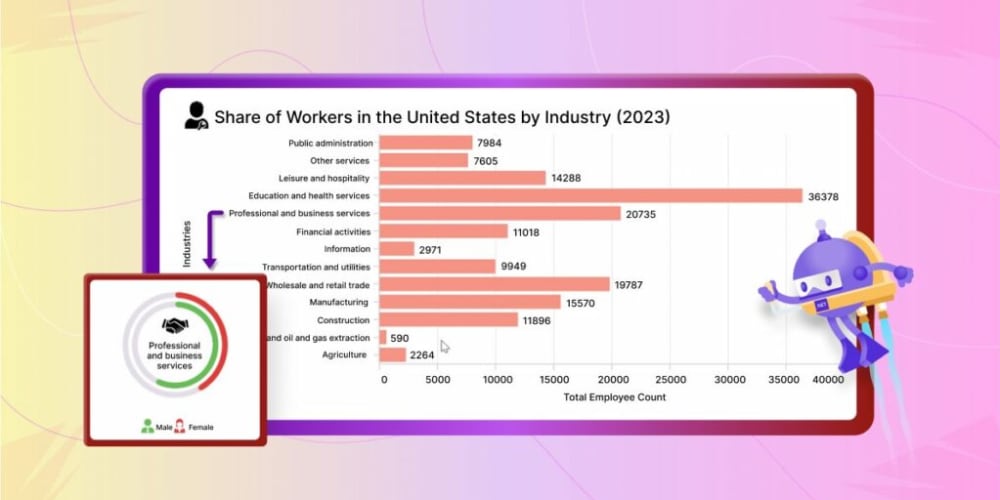Raising chickens in a rural area was something a part of my daily life. Moving into the city and jumping into coding, I have to admit: The same determination and hard work that drives rural Americans to success is the exact same I've seen in successful developers.
If you’ve never heard of this term, jobs that require manual labor are often called “blue collar,” and it’s been called this since 1924. These jobs can mainly be broken down into two categories: Unskilled, such as mining and warehouse, and Skilled, such as electricians and welders. Unskilled and skilled work blue-collar has been a major driving engine in the U.S. economy, and skilled blue-collar spurred the growth of the middle class.
The mindset we use when approaching a certain skill greatly impacts how fast or slow we might grow, or even the quality of the final output of that product. This mindset can be of efficiency, growth, quality, or whatever value that might drive you and that trade. I draw the resemblance with blue-collar work and coding because they both act on a tangible, physical output as opposed intellectual or efficiency outputs of the work from that such as lawyers and accountants.
The reasoning can go further when evaluating similarities in the market of coding and that of blue-collar work. With our older generations retiring, demand for skilled labor is at an all-time high, and companies are telling us they're willing to compensate. Let's look at plumbers, where the average in Chicago and NYC is now $70,000 a year. For more experienced plumbers, that number reportedly goes as high as $200,000! I'm sure you've heard of the same thing happening with developers. Bashing our head against our keyboard is grit not everyone is set up for, and difficult to place competent and skillful developers into the workforce. Developers with little to no experience are landing $70,000/yr or more jobs, and the sky is becoming the limit with more senior and experienced positions raking-in well over six digits nationally.
These stats do not mean there's a giant pot of gold for everyone that steps into software development. Like in blue-collar jobs, to reap the fruit of your own labor your skills and improvement must be accountable by only yourself.
The mindset that makes successful plumbers in NYC and Chicago is near identical of that of the developer, and I believe there are things to learn in improving our code skills from the lessons of those who use their hands.
Do you think of coding as blue-collar? Why or why not?
Thanks for reading, and happy coding!



















